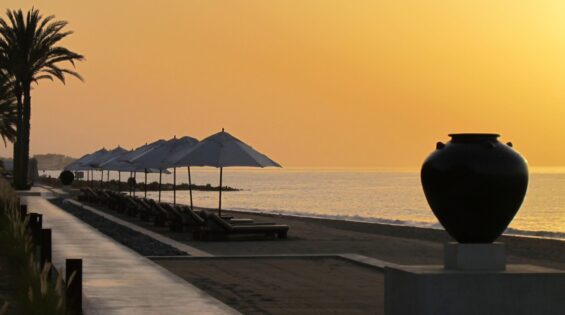The Holy Month of Ramadan
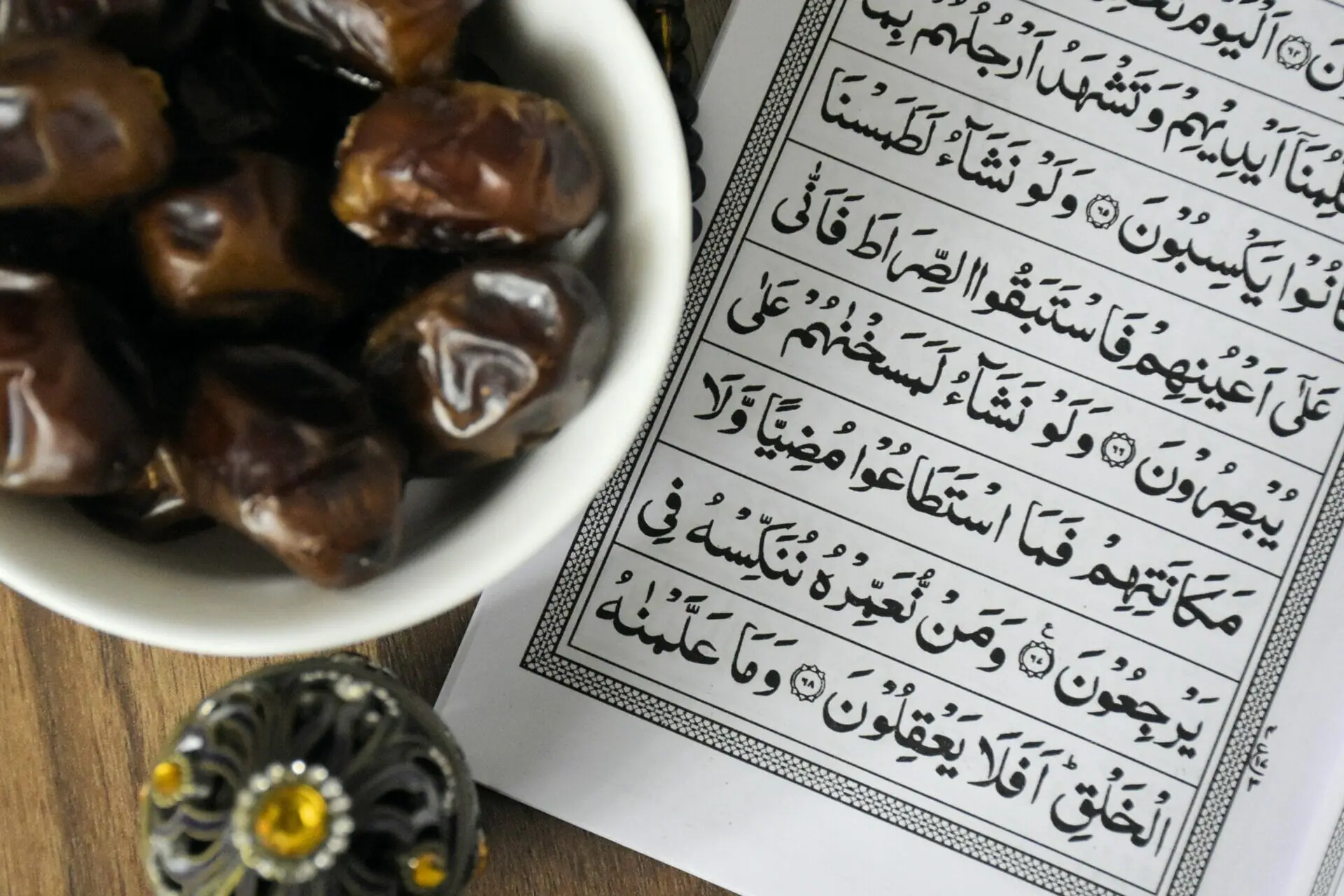
Ramadan is a religious time for reflection, contemplation and celebration observed by millions of Muslims worldwide. Starting from the sighting of the moon over Mecca, it follows the moon’s phases in the Islamic calendar, beginning on 22 March 2023. Eid Al-Fitr marks the end of Ramadan and breaking fast and celebrating with friends and family.
During this time, Muslims fast from sunrise until sunset, abstaining from food, drink, and other physical comforts. This fast is seen as a way to purify the body and soul and demonstrate solidarity with the less fortunate.
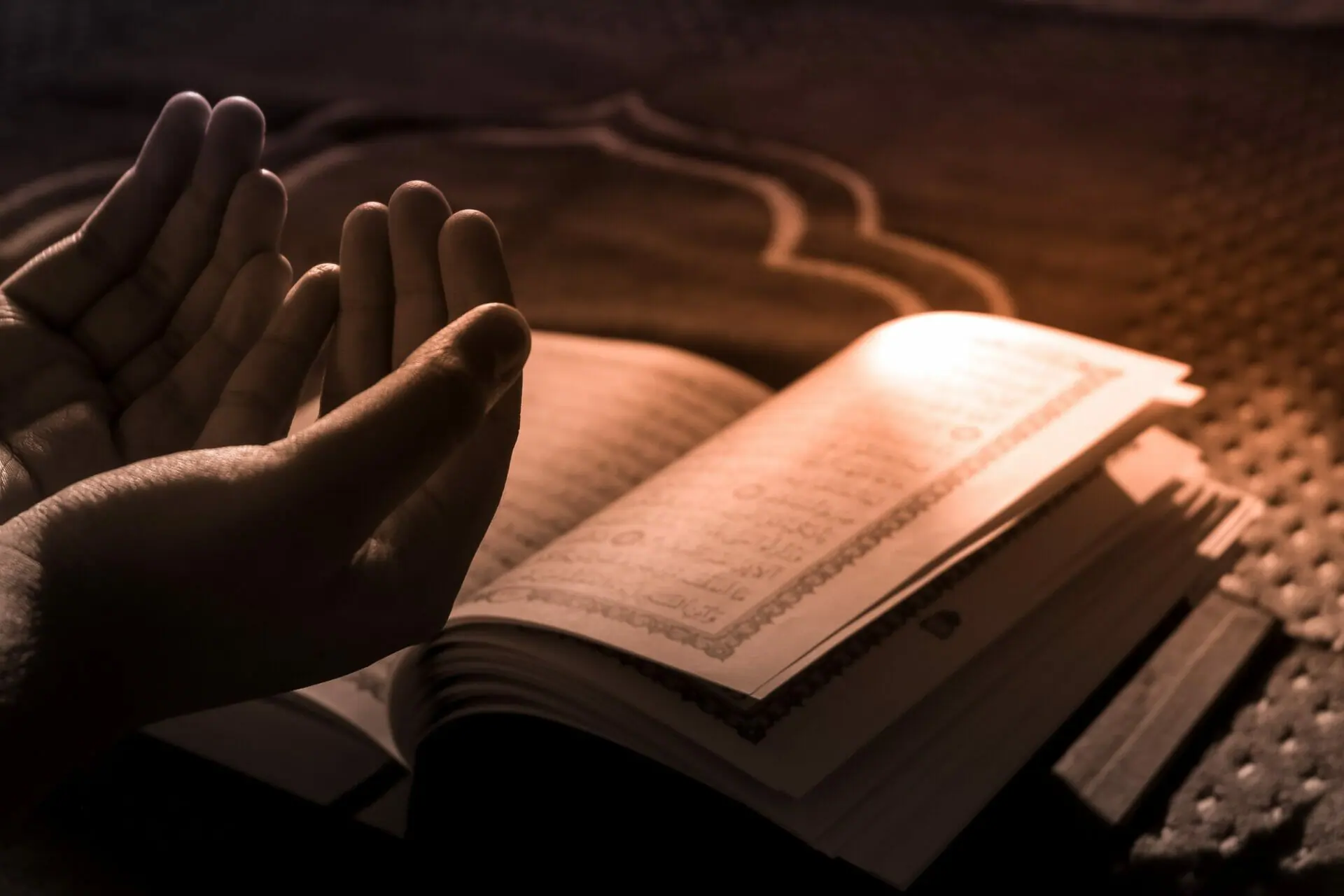 Credits: Unsplash_Faseeh Fawaz
Credits: Unsplash_Faseeh Fawaz
Despite its popularity and widespread observance, many myths, rumours, and misconceptions exist about Ramadan. Let’s dissect this auspicious Muslim tradition to distinguish between fact and fiction.
Myth: Ramadan is only about abstaining from food and drink.
Fact: While fasting is a central part of Ramadan, it is but one aspect of this spiritual observance. Ramadan is also about self-reflection, prayer, and charity. Muslims are encouraged to spend more time in prayer, reading the Quran, and performing charitable deeds.

Credits: Pexels_Tima Miroshnichenko
Myth: Ramadan is difficult and unpleasant.
Fact: While fasting is sometimes considered challenging, many Muslims find it a rewarding and meaningful experience. Many find that fasting brings deep gratitude for the blessings of food and drink. By abstaining from food and drink, they can concentrate on their spiritual well-being and often feel a sense of closeness to others also fasting.
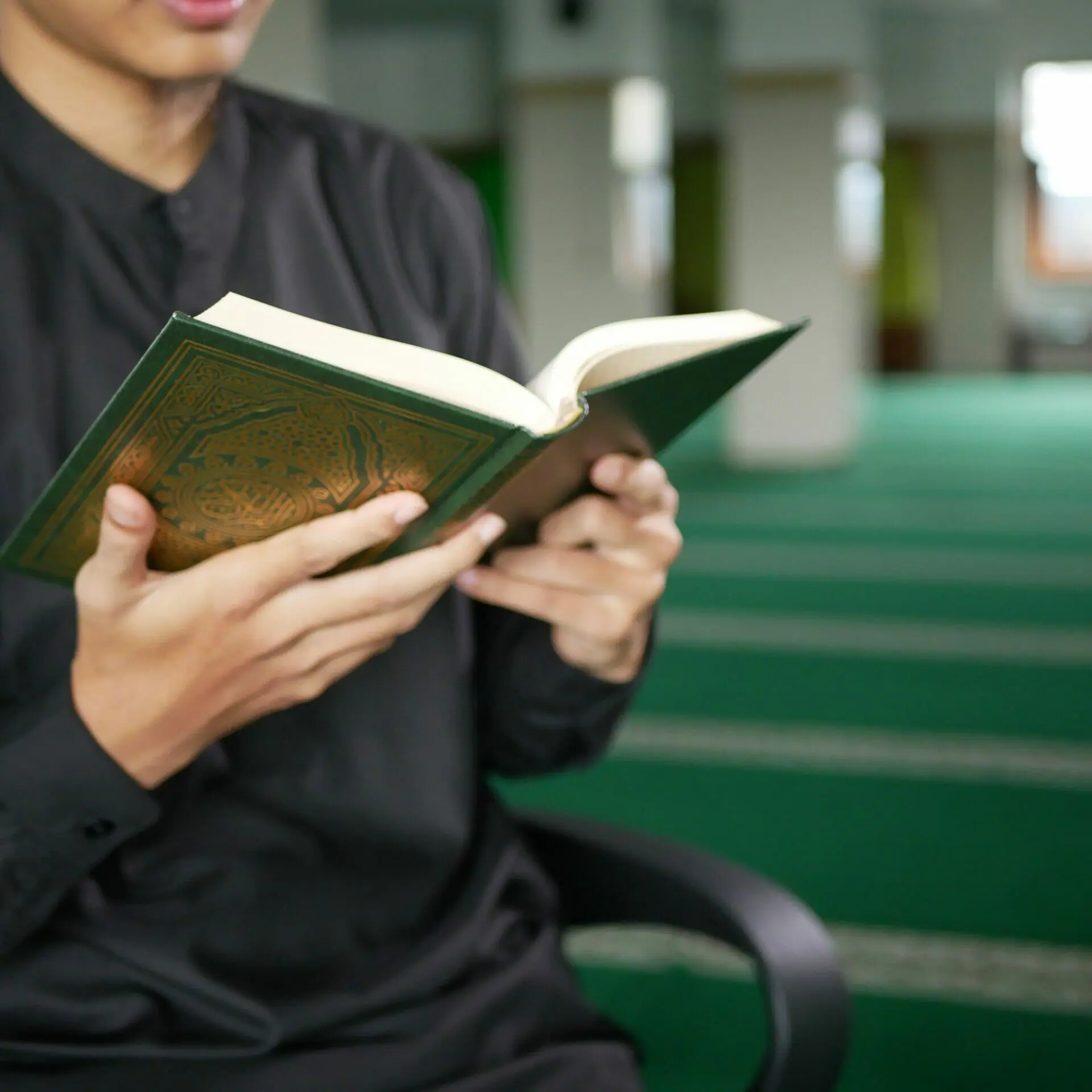
Credits: Unsplash_Indonesia Bertauhid
Myth: Ramadan is only observed by people in the Middle East.
Fact: Ramadan is observed by Muslims worldwide, from the Middle East to Africa, Europe, and North America. Despite the differences in culture and geography, fasting during Ramadan is a shared experience that brings people together.
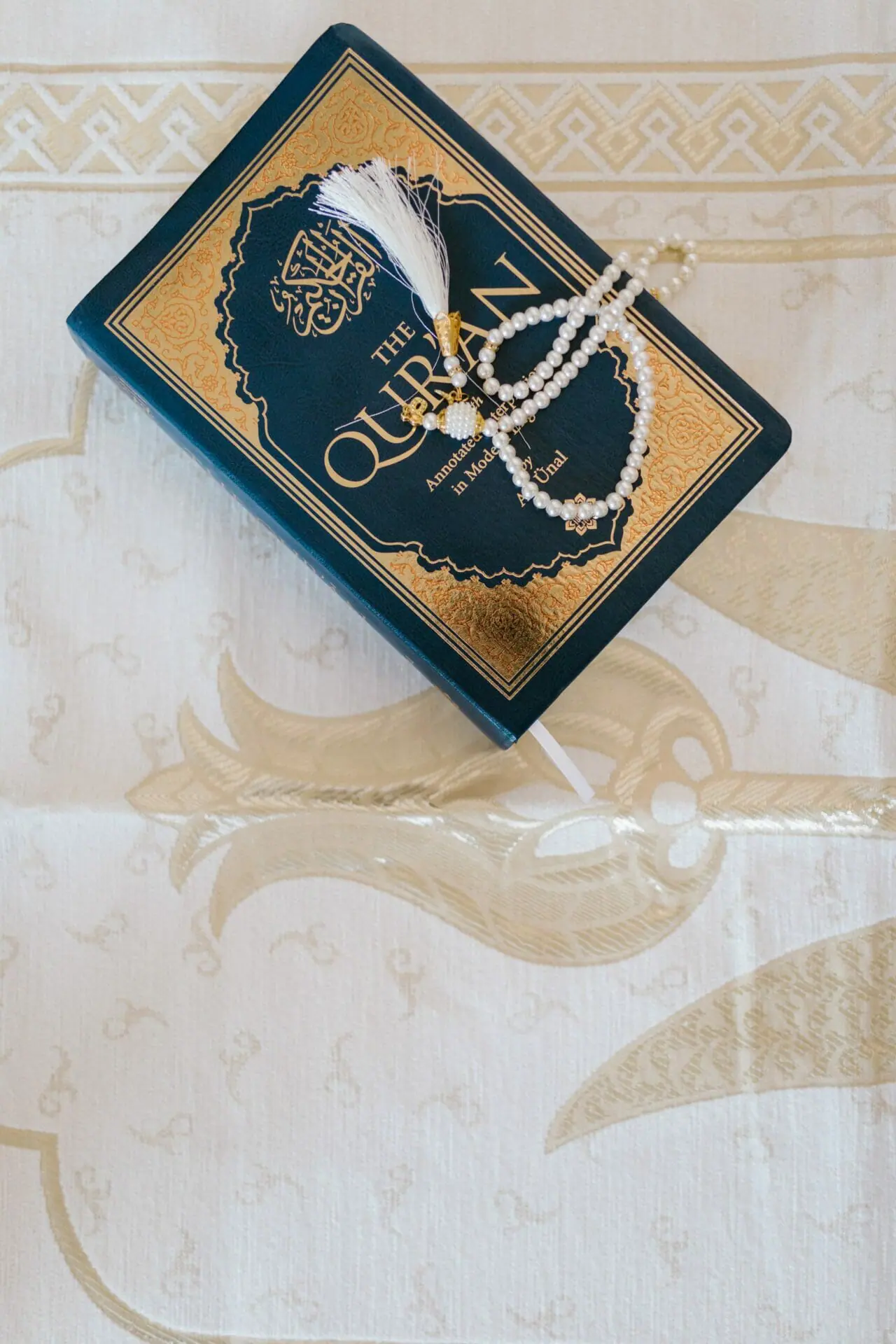
Credits: Pexels_RODNAE Productions
Myth: Ramadan is only for adults.
Fact: While adult Muslims are expected to fast during Ramadan, children are also encouraged to participate. However, children are usually only required to fast once they reach puberty, and older children and teenagers may be allowed to fast for shorter periods.
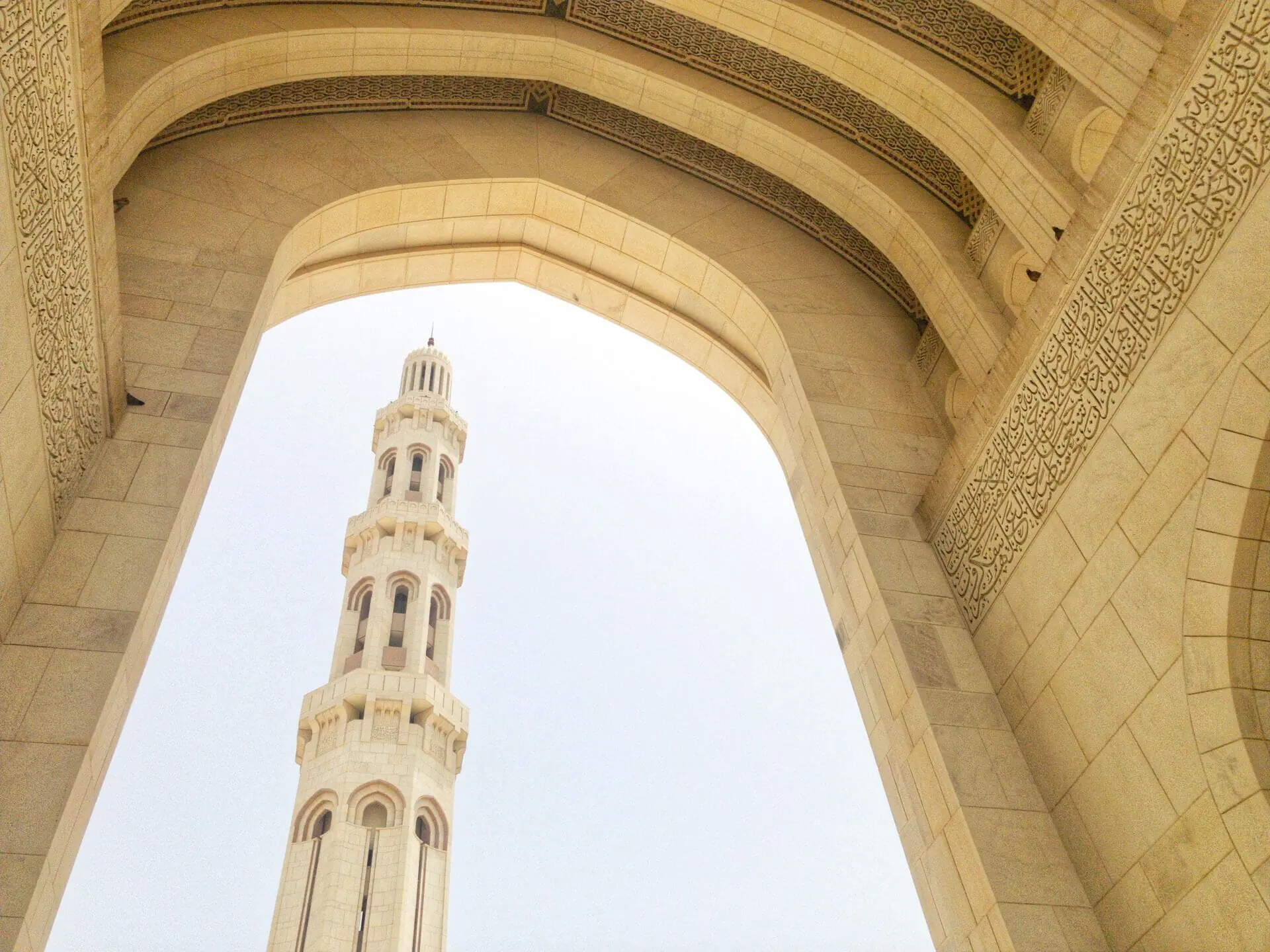
Credits: Unsplash_Mayur
When it comes to the cultural dos and don’ts of Ramadan, there are a few things to bear in mind:
Do: Respect the fast of others.
During Ramadan, it is important to be mindful of others who practice fasting.

Credits: Pexels_khats cassim
Don’t: Expect others to fast.
While many Muslims observe Ramadan, there are various reasons one might not participate in fasting. It is important to respect others’ choices and not place pressure on others to fast.
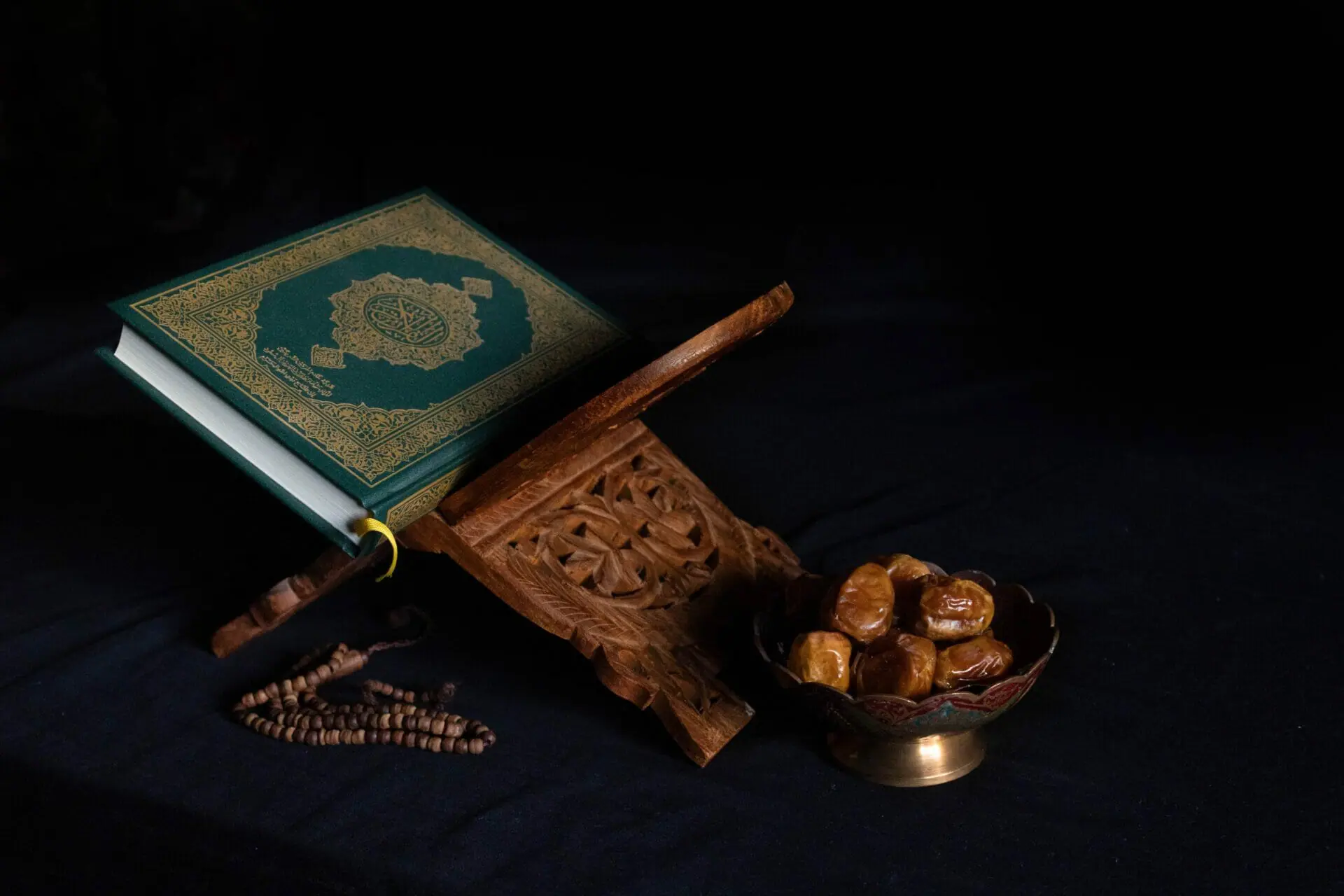
Credits: Unsplash_Abdullah Arif
Do: Be generous and share your blessings.
Ramadan promotes charity and generosity through giving time and resources and supporting those in need. It emphasises reflection on blessings and empathy towards those less fortunate.
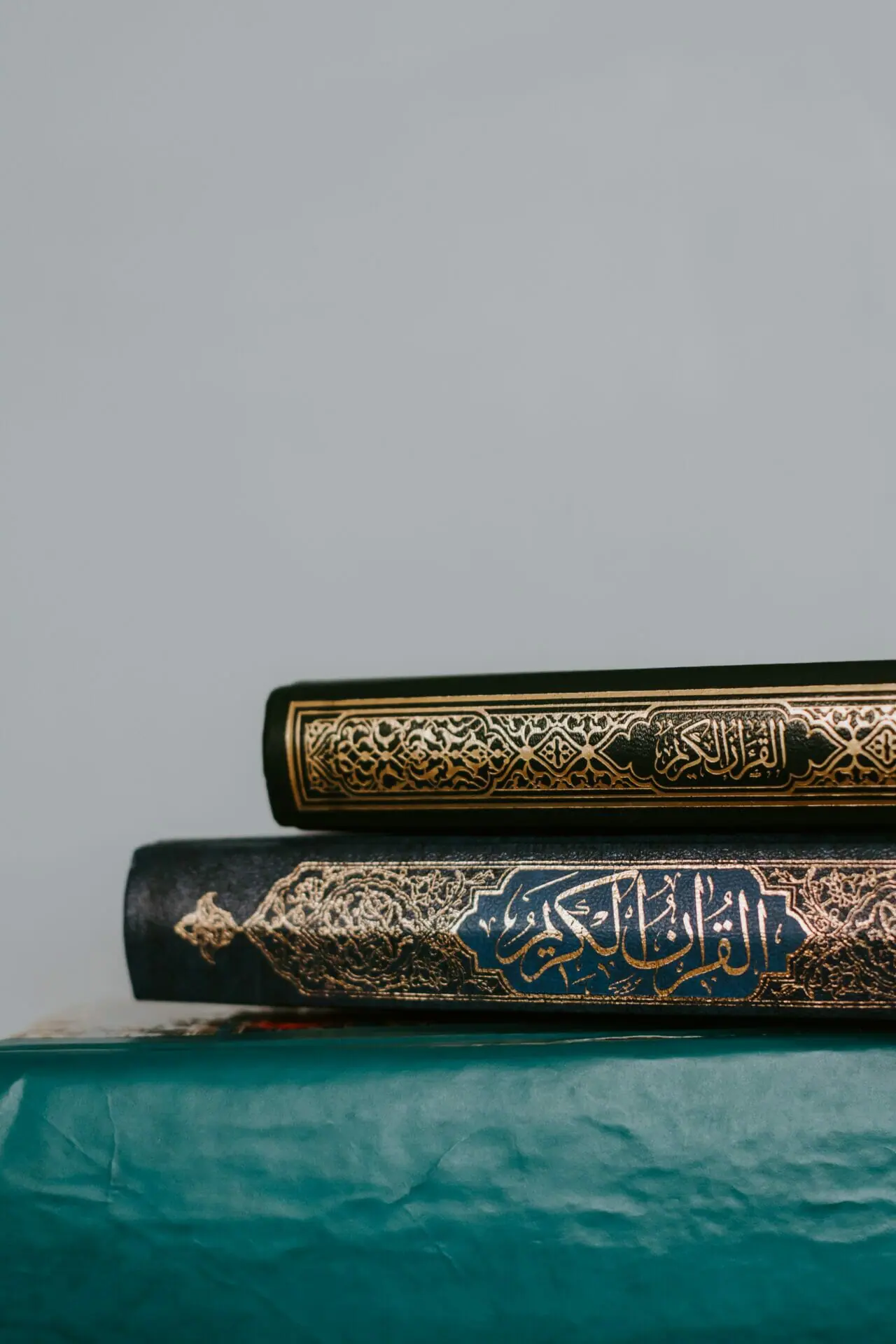
Credits: Unsplash_Ashkan Forouzani
Don’t: Brag about your fasting or act superior.
Ramadan fasting is a personal and spiritual journey, and it’s important to maintain humility and respect towards others’ beliefs and practices.
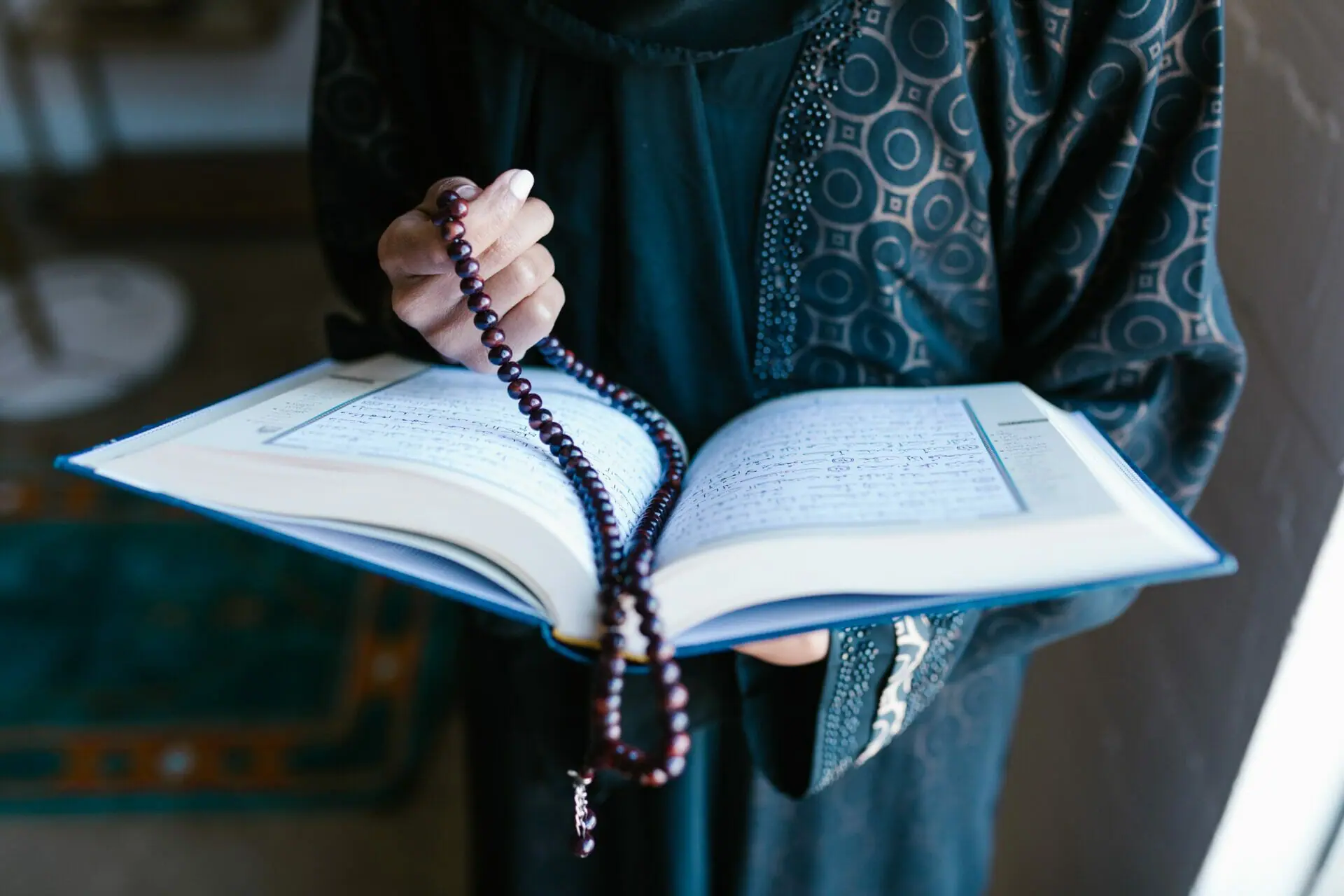
Credits: Pexels_Rodnae productions
Visitors to Middle Eastern countries can gain a deeper appreciation and respect for the sacred observance of Ramadan by embracing its spirit of spiritual reflection, community, and cultural customs, ultimately aiding in dispelling any myths or misconceptions about fasting during this time.
Join us in debunking myths and misconceptions about Ramadan – a time for reflection, prayer, and charity observed by millions of Muslims worldwide. Let’s dispel misunderstandings and learn more about this meaningful tradition during your stay at our hotels – The Chedi Muscat, The Chedi Katara Hotel & Resort and The Chedi Al Bait.


